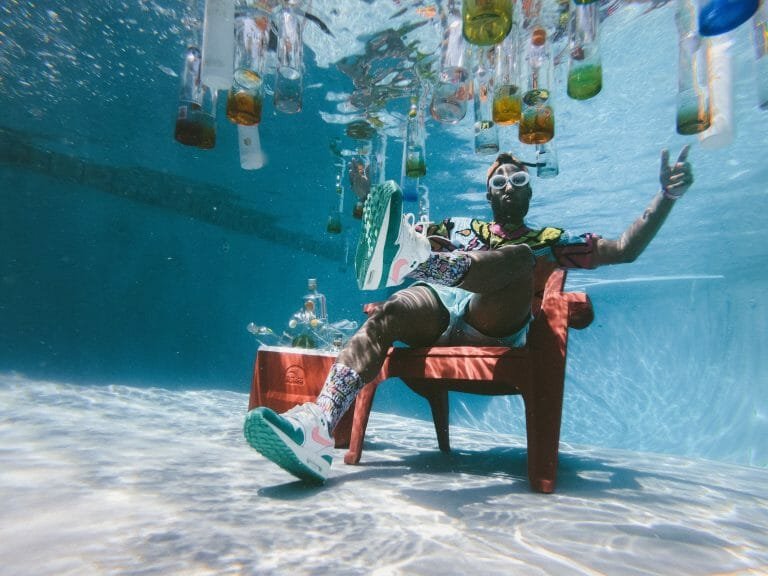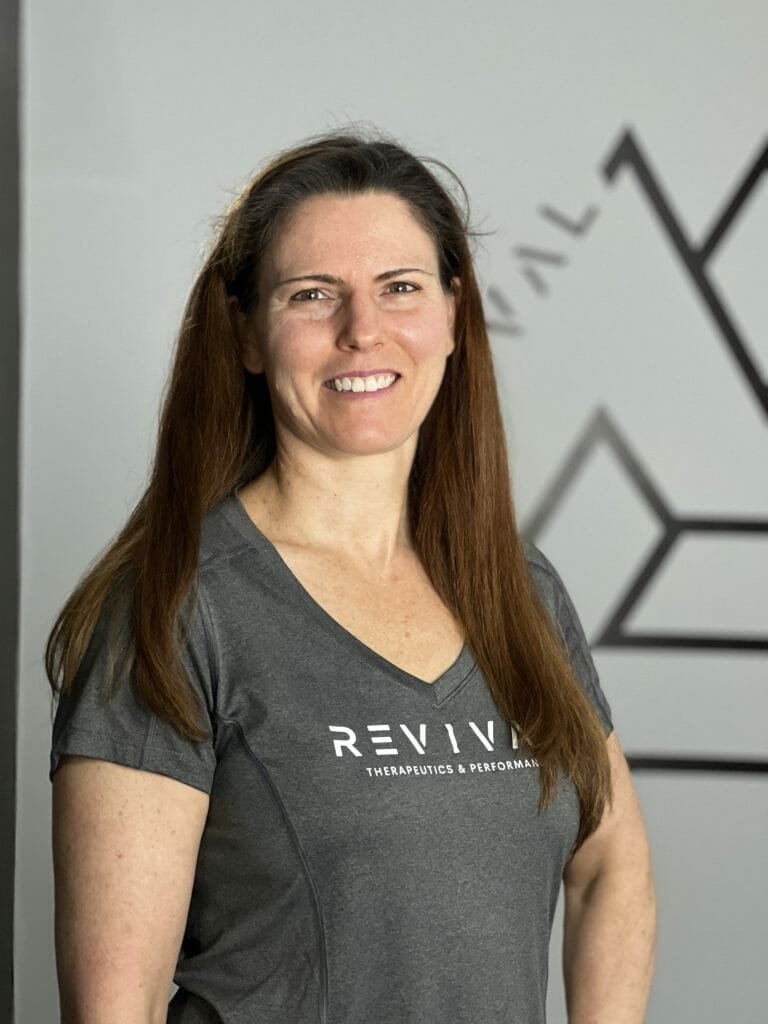
Water vs sports drinks vs energy drinks is an ongoing debate among athletes. Sports drinks contain water and carbohydrates along with electrolytes and are designed to help replace water and electrolytes lost through sweating during exercise. Examples are Gatorade and Powerade. Energy drinks contain caffeine and are designed to give you an energy boost. Examples are Monster, Red Bull and Rockstar.
During activity, athletes should drink fluid at regular intervals, every 15-30min. Larger volumes of water (1c) tend to empty from the stomach more rapidly and so chugging water can prevent stomach discomfort. Water is absorbed quickest, but sports drinks, and diluted juice can all serve as fluid replacement during activity. It is best to ensure the carbohydrate level (sugar level) does not exceed 8% and that the athlete is used to using it.
For children and teens, the caffeine in energy drinks can be a concern that can lead to dependency, nervousness, anxiety and issues with blood pressure and sleep. Sports drinks can be helpful but the levels of sugar should be known and ensure that you are not breaching the 8% limit stated above.
The other issue with these drinks is the need. For short duration activities, under 60min there is limited support in the research for benefits from these drinks. For intermittent team sports, there is some support in the research of benefits in the use of sports drinks for staving off fatigue. For those activities that last longer than one hour, sports drinks can help in staving off fatigue and maintaining fluid balance throughout the activity. An energy drink, if used, would need to be consumed prior to an athletic event for the maximum benefit as the caffeine needs to be in your system and available for energy. Consuming this during exercise will usually result in gastric upset.
As with all nutrition around exercise, individuals need to find the right balance for them, along with timing. It is important to know what you are taking. Often, banned substances are hidden in sports and energy drinks. If you are a nationally carded athlete or someone subject to the restrictions of CCES or WADA with drug testing, you need to take extra caution. You are responsible for what you put in your body.
ROBYN BAGELY
CERTIFIED ATHLETIC THERAPIST IN AIRDRIE & CALGARY
CERTIFIED STRENGTH AND CONDITIONING SPECIALIST CSCS
MRU PROFESSOR
REIKI MASTER
REVIVAL AIRDRIE
403-945-1530
Info@builtbyrevival.com
BuiltByRevival.com

